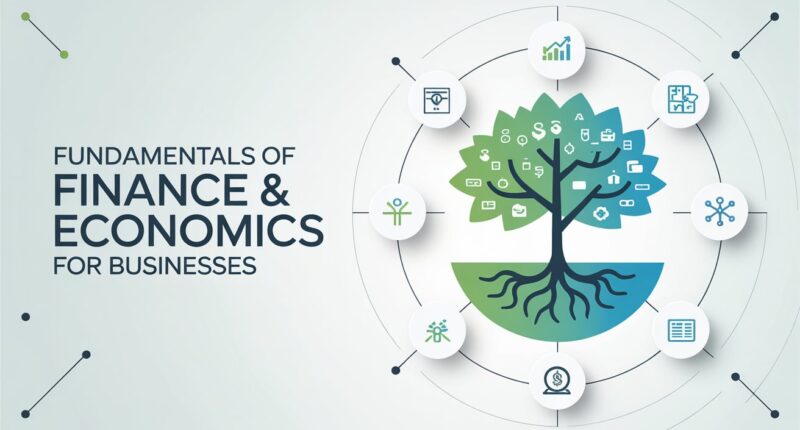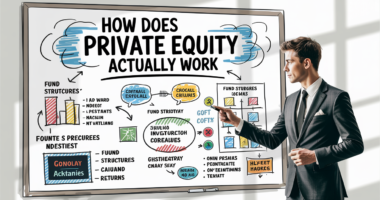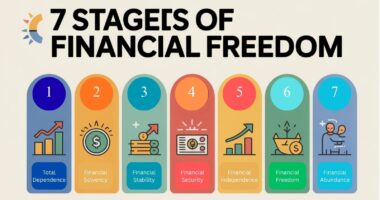Why Finance and Economics Matter
Firstly, in the ever-evolving world of business, understanding finance and economics is essential for success. In fact, together they help make smarter decisions about pricing, investment, and growth. Moreover, these fields overlap: changes in the economy (like inflation or interest rates) can deeply affect a company’s fortunes. Similarly, small details in financial records can signal your company’s health or risk. Therefore, learning these fundamentals empowers entrepreneurs to make better strategic decisions.
Business Finance Basics
Managing Cash and Records

Firstly, keep simple records: accounting for revenue and expenses helps your business run smoothly. In fact, the balance sheet is the foundation of your finances – a snapshot of what you own (assets) and owe (liabilities). Moreover, cash flow is the “lifeblood” of any business: tracking money moving in and out ensures you can pay bills and invest in growth.
Budgeting and Forecasting
A clear budget is a roadmap for your money. For example, a well-constructed budget lists expected income and planned expenses, guiding decisions about where to spend and where to cut costs. You then set financial goals and track progress against them. Furthermore, forecasting future cash flow helps prepare for busy seasons or slow monthsmyfirst.bank.
Key Economic Concepts
Supply and Demand
Market forces determine prices and opportunities. For instance, the law of demand says that as price rises, buyers usually buy less. Conversely, higher prices often entice producers to supply more. Therefore, understanding supply and demand helps you set prices that attract customers but still cover costs.
Inflation and Economic Trends
For example, economic trends like inflation also affect small businesses. Specifically, inflation means prices go up and money is worth less. As a result, costs for supplies and salaries will rise, making it more expensive to operate. At the same time, raising prices too much could drive customers away. Therefore, careful planning is needed: saving extra cash and controlling costs can help. In fact, building a reserve and staying flexible are key to weathering tough economic timesbizstim.com.
Applying Finance and Economics
Strategic Planning
Use finance and economics when making strategic choices. For instance, weigh costs and benefits before new investments: if a project’s expected profit exceeds its cost, it might be worth doing. Likewise, set clear financial goals (like increasing revenue or cutting costs) and use budgets to track progress. Review your financial statements regularly to catch trends (like rising expenses or falling sales) early.
Financing and Growth
Moreover, when you plan to grow, consider how to finance expansion. Loans or investors can provide fundsmyfirst.bank. In particular, bank loans usually need collateral or good credit but let you keep full ownership, while investors may offer more flexible terms but expect a share of profits. Finally, keep some cash aside as a reserve for unexpected events. Ultimately, blending practical finance skills with economic awareness empowers your business to succeed.









